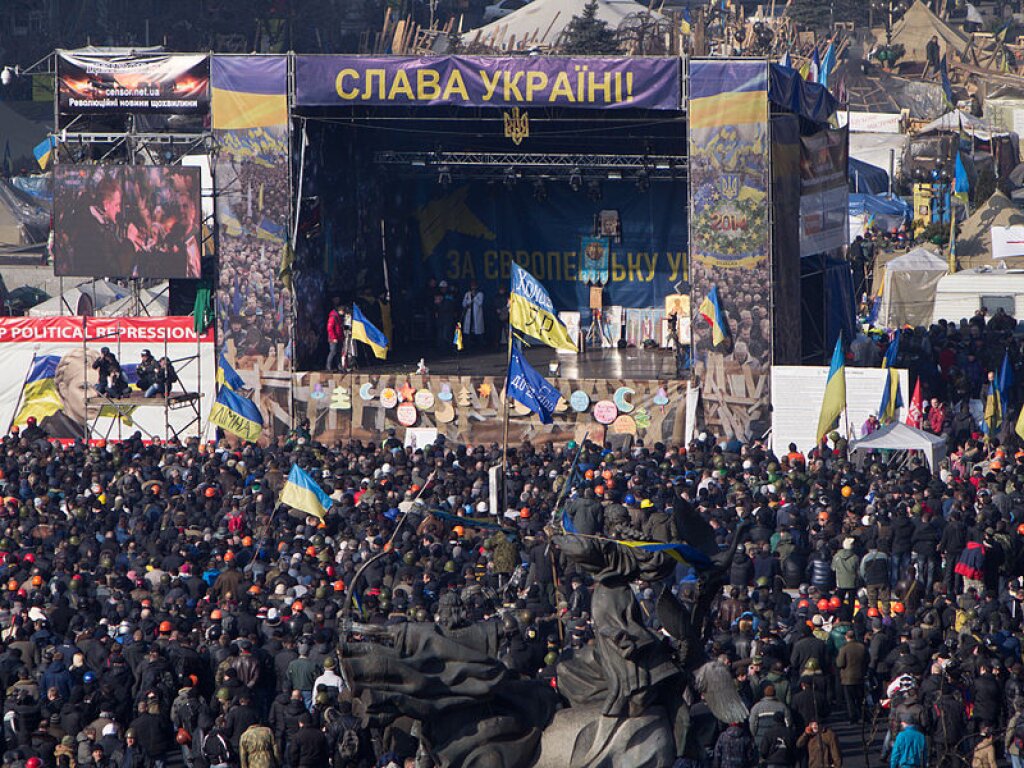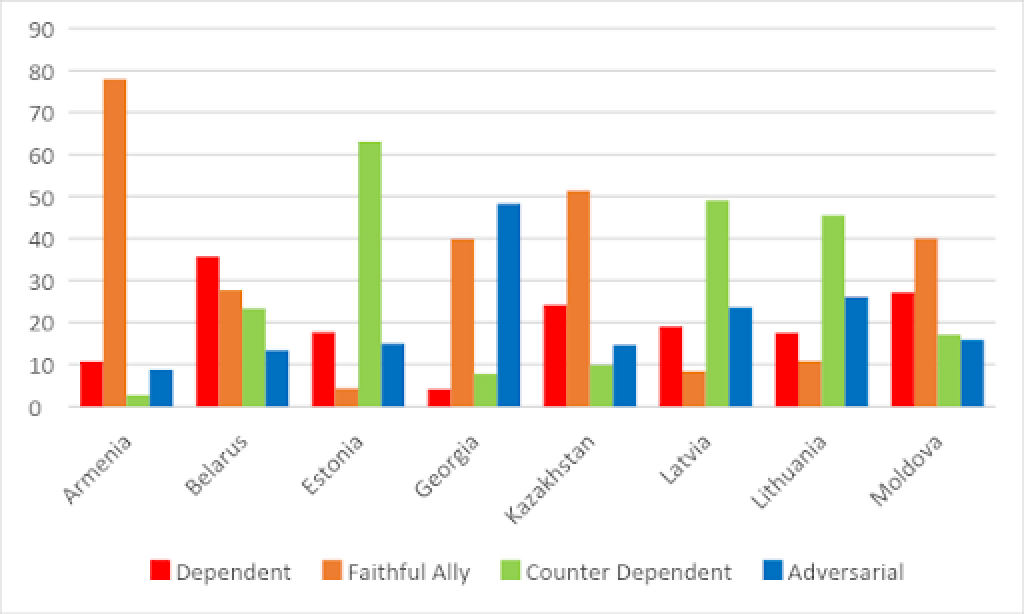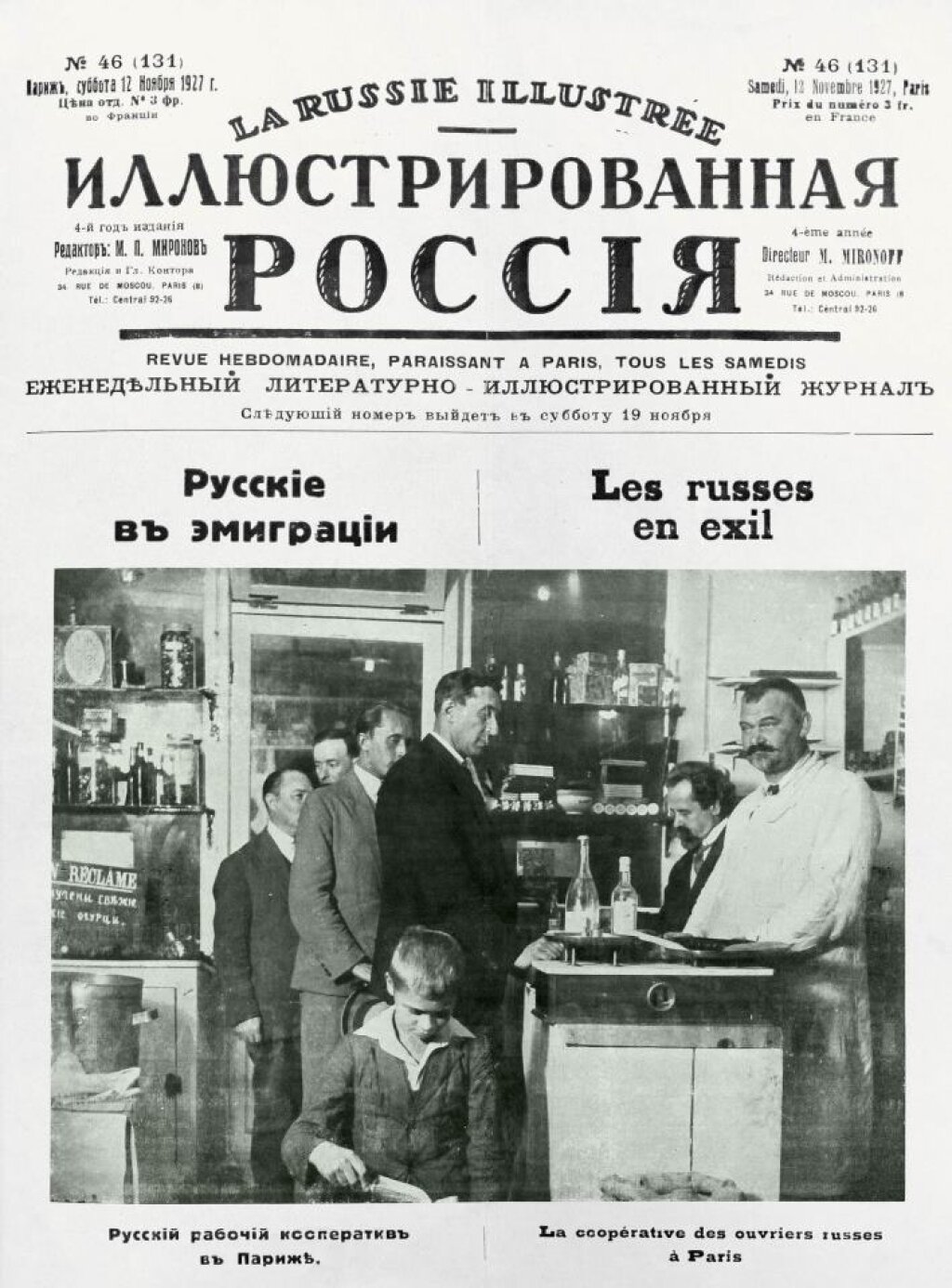We at the Jordan Center stand with all the people of Ukraine, Russia, and the rest of the world who oppose the Russian invasion of Ukraine. See our statement here.
Above: Ukrainian protesters at what would become Euromaidan in February, 2014.
Marijke Breuning is a Professor of Political Science at the University of North Texas.
John Ishiyama is University Distinguished Research Professor of Political Science and Director of Graduate Studies at the University of North Texas, and President of the American Political Science Association.
The invasion of the Ukraine makes clear that Russia's foreign policy stance toward surrounding states is now a decidedly aggressive one. This principle is especially true for any formerly Soviet states, which, since the beginning of the war, have demonstrated how deeply their vision of a relationship with Russia diverges from Russia's own.
Scholarly attention has thus far focused on Russia’s resurgence in what it defines as its “near abroad,” but the perspectives of those actually living in and governing this "near abroad" remains understudied. The Ukrainian popular reaction to Russia’s invasion demonstrates that former Soviet states very likely do not agree with Russia’s view of their countries as “clients.”
Our research focuses on this difference of opinion, examining views of Russia in eight former Soviet states where Russia's influence looms large, and interrogating the origins of these diverse role conceptions. We employ role theory because it offers a useful framework for evaluating citizens’ reactions to Russia’s reassertion of power.
Our findings indicate that what citizens of former Soviet states consider appropriate in their relations with Russia depends on their respective histories with the country. In addition, sociocultural factors, the economy — especially dependence in trade with Russia — and the security of the state’s borders all influence citizens’ perceptions of Russia.
We theorize four different role conceptions on the basis of two dimensions: 1. Do citizens perceive Russia as playing a positive or negative role in the post-Soviet space? 2. Do citizens perceive national independence as highly important or less so? Combining these two dimensions in various ways yields four possible role conceptions:
First, citizens with a positive orientation toward Russia and a low orientation to national independence perceive their state as playing the role of Dependent. Citizens with this perspective accept their state’s role as Russia’s client state.
Second, citizens with a positive orientation toward Russia and a high orientation to national independence perceive their state as a Faithful Ally. These citizens do not think of their state as a client of Russia, but as an equal and aligned partner.
Three, citizens with a negative orientation toward Russia and a low orientation toward national independence perceive a Counter-dependent role. This is characterized by a desire to resist Russian influence without a strong sense of a national role.
Lastly, citizens with a negative orientation toward Russia and a high orientation toward national independence are cast in an Adversarial role. This role focuses on national pride and resisting the encroachment of a more powerful state.
We obtained data from Pew Research Center surveys conducted in eight countries that were part of the Soviet Union (Armenia, Belarus, Estonia, Georgia, Kazakhstan, Latvia, Lithuania, and Moldova). As Figure 1 shows, citizens in these countries differ substantially in terms of their most frequently held role conceptions. What accounts for these differences?
Our analyses show that a higher dependence on trade with Russia increases the likelihood that survey respondents adhere to a Dependent or Faithful Ally role. This is the case in Armenia, Belarus, and Kazakhstan. Citizens of Armenia and Kazakhstan converge around a Faithful Ally role, whereas citizens in Belarus more often express a Dependent role.
Conversely, the four countries where the majority of respondents perceived an Adversarial or Counter-dependent role were not dependent on trade with Russia. The adversarial role is most prevalent among respondents in Georgia, whereas respondents in the Baltic states (Estonia, Latvia, and Lithuania) are more likely to fit the Counter-dependent role pattern. However, a sizable proportion of citizens in these countries also perceive their role vis-à-vis Russia in Adversarial terms (see Figure 1).
Interestingly, whether a country experienced a Russia-backed military action, such as Georgia or Moldova, is not associated with the likelihood that respondents in those countries would express a specific role conception.
In addition to these country-level variables, we also investigate whether individual characteristics of respondents affect their perceptions. We do not find this to be the case. As it turns out, respondents’ satisfaction with conditions in their country, their perception of the state of their country’s economy, and their social trust do not systematically impact the role they perceive their country should play vis-à-vis Russia. Respondents’ demographic characteristics also appear to be largely unrelated to their role conceptions.
Overall, we found that the single most important factor associated with the prevalence of one or another role conception in these eight states is economic dependence on Russia, including dependence on imported energy resources. Respondents in more trade-dependent countries were more likely to express a Faithful Ally role conception.
The data from the Pew Research Center that we employ in this study do not include respondents from Ukraine. However, we note that Ukraine is in some ways similar to the Georgian case in that both countries experienced Russian-sponsored separatism.
As our study shows, Georgian respondents largely split between the Adversarial and Faithful Ally role conception. Support for the Adversarial role is based in anti-Russian sentiment related to the Abkhaz and South Ossetian secessions, while support for the Faithful Ally role is driven by geopolitical and economic realities.
Ukraine experienced similar attempted secessions in the Donetsk and Luhansk areas in the Donbas. Indeed, Russia recognized the two areas as independent republic just before its invasion of Ukraine. We speculate that a similar survey in Ukraine would have shown stronger support for the Adversarial role conception, in contrast with the results for Georgia.
We base that assessment on the fact that the pro-Russian part of the population had effectively seceded from Ukraine (and would therefore not have been included in a survey). The Ukrainian reaction to Russia’s invasion does indeed suggest that the Adversarial role conception is widely held among Ukrainian citizens. Of course, we cannot know for sure how Ukrainians might have responded to a survey prior to the invasion.
Obviously, the invasion has deepened negative perceptions of Russia and increased positive perceptions toward national independence, but we suspect that the war has only sharpened pre-existing sentiments. Russia's war in Ukraine is likely to produce role shifts among the states we considered in our study. For example, we would anticipate that Georgians might converge more strongly on the Adversarial role. Citizens in other former Soviet states may also re-evaluate their perspectives on their state’s role vis-à-vis Russia.




